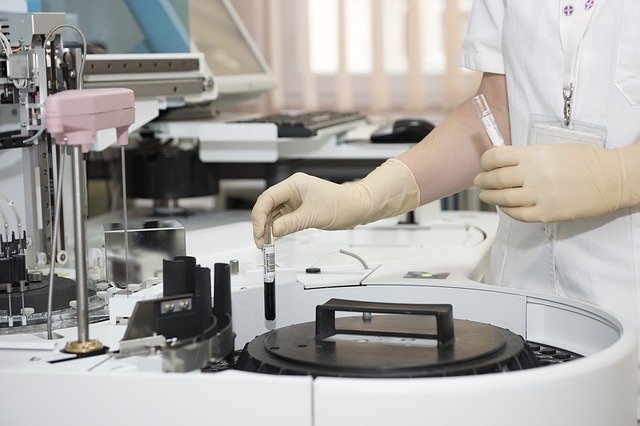
COPD affects 30 million Americans1 and is the third leading cause of death in the United States behind cancer and heart disease.2 Acute exacerbations, defined as a sudden worsening of COPD symptoms, are a major cause of morbidity and mortality in COPD patients.
The VENT-AVOID pivotal trial is the world’s first and largest prospective Randomized Controlled Trial (RCT) ever conducted on the utilization of ECCO2R in AE-COPD, studying the avoidance or minimization of the need for mechanical ventilation. The results of the study are expected to validate the safety and efficacy of the Hemolung Respiratory Assist System (RAS) for COPD patients experiencing acute exacerbations requiring ventilatory support.
“The attainment of this significant enrollment milestone in the VENT-AVOID trial illustrates the significant interest by clinicians of having the Hemolung RAS and ECCO2R therapy available in their clinical arsenal for the treatment of AE-COPD. We believe our continued focus and progress in this trial, coupled with our ongoing collaboration with the FDA, will assist in further accelerating enrollment and reducing the time to complete the trial,” stated Peter DeComo, Chairman and CEO of ALung.
The Hemolung RAS is also the sole technology being used in the UK REST Trial, a landmark prospective pivotal study of the use of the Hemolung RAS in patients with acute respiratory distress syndrome (ARDS). The UK REST Trial continues to make significant progress with 378 patients enrolled and is currently the largest clinical study of extracorporeal lung support ever conducted. The research is jointly led by Queen’s University and Belfast Health and Social Services Trust under the direction of investigators Professor Danny McAuley and Dr. James McNamee of the Centre for Experimental Medicine at Queen’s University Belfast.
The Hemolung RAS has European marketing clearance (CE Mark) and is the world’s only fully integrated Respiratory Dialysis® system providing low-flow ECCO2R. ALung is the only company pursuing two major pivotal trials to validate the safety and efficacy of extracorporeal carbon dioxide removal therapy.
Source: Company Press Release.






